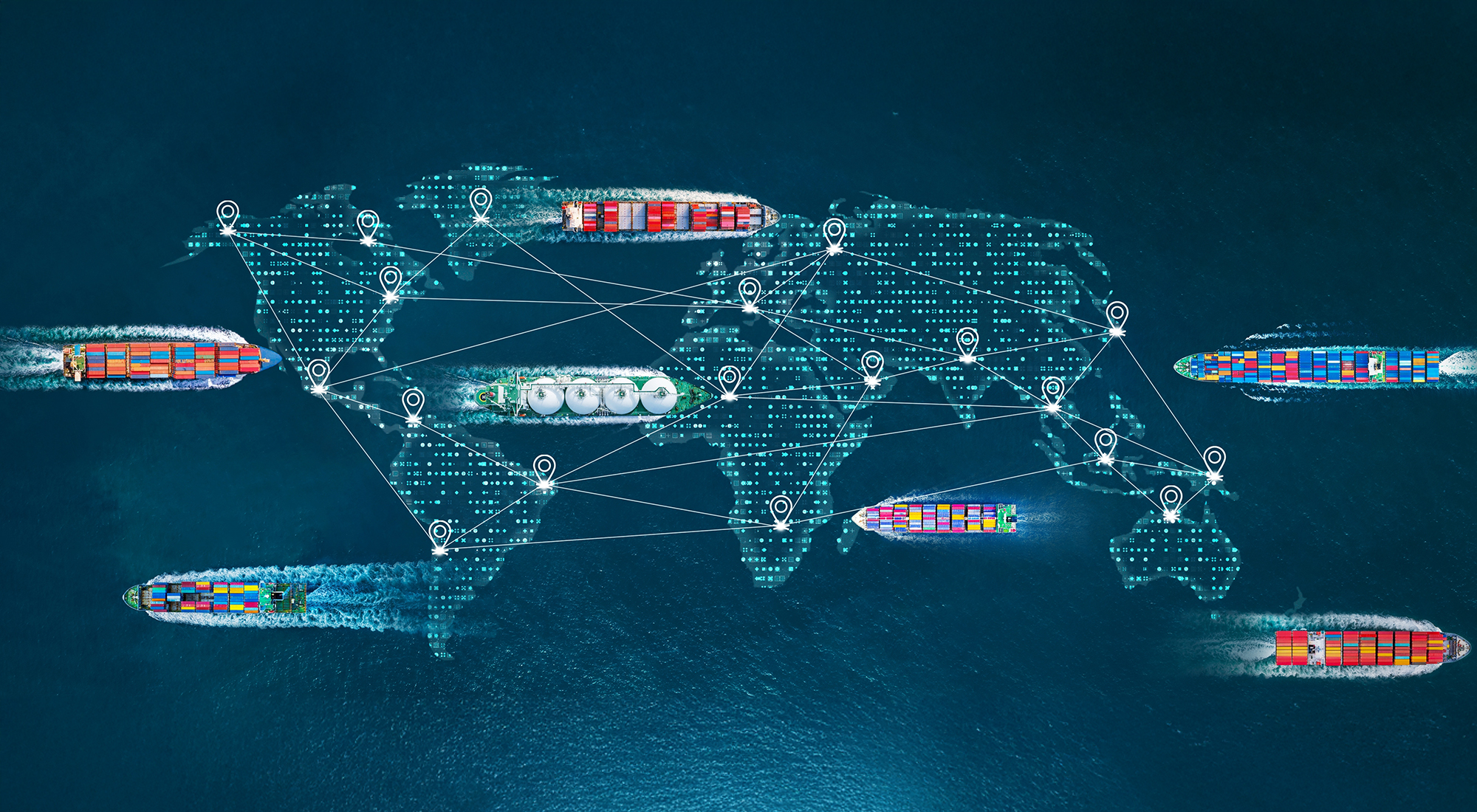In recent months, the world has witnessed growing tensions between major powers, with trade disputes, territorial disagreements, and shifting alliances dominating the headlines. These geopolitical rifts are not just affecting diplomacy but also reshaping global markets and business strategies. As countries re-evaluate their partnerships, the ripple effects are visible in energy trade, tech cooperation, and even cultural exchanges.
Impact on Global Trade and Commerce
Trade has always been the lifeline of the global economy, but new sanctions, tariffs, and restrictions are slowing growth. Supply chains, already disrupted by the pandemic, face fresh hurdles as countries adopt protectionist policies. Many businesses are diversifying sourcing strategies, turning to regional partners instead of relying on single suppliers. This realignment is making global trade more fragmented but also more resilient in certain regions.
Technology as a Battleground
Technology has emerged as one of the central battlegrounds in this geopolitical contest. Nations are competing for dominance in semiconductors, artificial intelligence, and 5G infrastructure. Governments are investing heavily in tech self-sufficiency to reduce dependence on foreign suppliers. At the same time, cyberattacks and digital espionage are rising, making cybersecurity a top priority for both businesses and governments.
Energy and Climate Policy Disputes
Energy remains another flashpoint. Conflicts over oil routes, natural gas supplies, and renewable energy policies are shaping diplomatic agendas. Countries dependent on imports are seeking alternatives, while energy producers are using resources as bargaining chips. Climate agreements are also under strain, with some nations pulling back commitments amid rising domestic challenges. The uncertainty is pushing innovation in clean energy but also exposing fault lines in global cooperation.
Political Uncertainty and Social Impact
The rise of nationalism, populism, and social unrest in many countries adds another layer of complexity. Citizens are demanding better governance, job security, and protection against inflation. In some regions, protests have erupted over inequality and government corruption. These pressures are forcing policymakers to balance internal challenges with external responsibilities, often leading to unpredictable decisions that unsettle global markets.
Business Leaders Adapt to Change
Corporations worldwide are rethinking their strategies in response to this unstable environment. Many multinational firms are investing in risk assessment tools, diversifying operations, and building stronger regional networks. Some are relocating headquarters or shifting investments to safer markets, while others are lobbying governments for favorable policies to safeguard long-term growth.
FAQs
How are geopolitical tensions affecting everyday consumers?
Consumers face higher prices, delayed product deliveries, and limited access to some goods due to disrupted supply chains and rising tariffs.
Which industries are most vulnerable?
Technology, energy, and manufacturing are the most affected, as they rely heavily on global cooperation and supply chains.
Are companies pulling out of risky markets?
Some businesses are reducing exposure in unstable regions, while others are doubling down to maintain influence. It varies by industry and market position.
Is globalization ending?
Not ending, but transforming. Instead of a single interconnected system, we may see multiple regional networks shaping trade and innovation.
Can diplomacy ease tensions?
Yes, but it requires strong leadership, compromise, and renewed international cooperation. Many experts remain cautiously optimistic.
Conclusion
The current wave of geopolitical tensions underscores how fragile global stability can be. The balance of power is shifting, and both governments and businesses must adapt to a world where certainty is rare and resilience is essential. While challenges are significant, they also open opportunities for innovation, diversification, and stronger regional alliances.
Ultimately, the trajectory of the global economy will depend on how nations manage competition while preserving cooperation. The decisions made in the coming years will shape not only financial markets but also the future of international relations.











